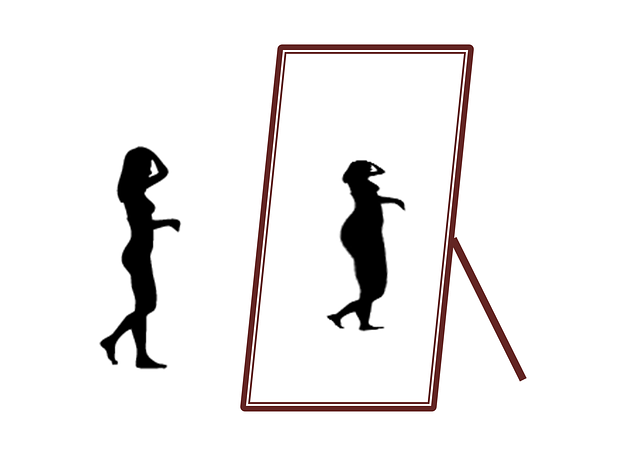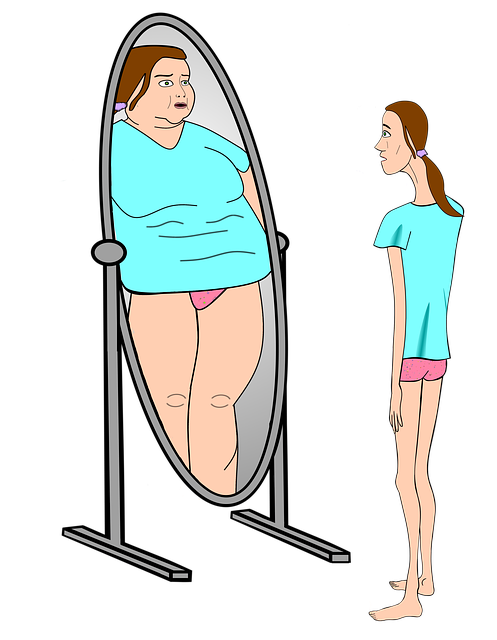Can You Unconsciously Have An Eating Disorder?
An eating disorder can affect almost anyone, regardless of whether they are underweight or overweight. Eating disorder is a term that encompasses a variety of conditions involving abnormal or altered eating.
What are different eating styles?

Vegetarian, vegan, pescatarian, beegan: decoding different plant-based diets. What exactly is the difference between a vegan and a vegetarian? How about a pescatarian and a flexitarian? Macrobiotic may also be a new dietary term for you.
A study of 66 consecutive outpatients evaluated in an eating disorder diagnosis clinic showed that 7.6% of patients had unintentionally developed anorexia. The study was reported at the annual meeting of the Eating Disorders Research Society in Pittsburgh.
What are eating disorders?
An eating disorder is characterized as causing unhealthy eating habits.
Types of eating disorders
The three major eating issues are bingeing indigestion disorder: anorexia nervosa, bulimia nervosa, and binge eating disorder. Each condition is specific and requires different tests for diagnosis.
Anorexia nervosa is a form of eating disorder that has a high fear of gaining weight. Anorexia nervosa is one of the most fatal psychological disorder in humans.
Bulimia nervosa is defined by frequent binge eating then purging behaviors. Using laxatives or vomiting are part of the compulsion of binge eating and purging. Bulimia nervosa also has a distorted body image and a fear of weight gain similar to anorexia.
Binge eating disorder is often noticed by a person eating large amounts of food (binge eating) at one time. The food intake can be certain food groups or certain foods and often followed by self induced vomiting.
Signs of an Eating Disorder
Often people engage in various diets to lose weight. However, the mental health and body weight combined with an obsession to lose weight or fear of gaining weight is what the National Eating Disorders Association (NEDA) recognizes as the diagnostic criteria of common eating disorders.
Some behavioral changes might indicate signs and symptoms an eating disorder but most often is is seen with blatant body dissatisfaction and extreme behaviors such as:
excessive exercising
extreme dieting
extreme weight loss
constant fear of weight gain or weight loss
What is Disordered Eating?
Disordered eating is disorder behaviors around food. Mental health conditions surrounding calorie intake and how to burn calories often take mental energy to have a person trying to be a healthy eater or practice food restriction.
Often, the term disordered eating is used to describe and diagnose the various eating behaviors which are not always categorized is the DSMV as an eating disorder.
Dieting Can Lead to Eating Disorders

Studies have shown that dieting can lead to eating disorders. If a person suspects that a loved one has signs and symptoms of disordered eating, you should encourage them to talk to their doctor.
Food intake - rather too much or too little can cause health complications. Hormonal imbalances can produce negative feelings and trigger mood swings similar to the signs and symptoms of anorexia.
A persons relationship with food should not cause constant fear of gaining weight.
Normalized and Non-Disordered Eating
Normalized and non-disordered eating revolves around healthy food intake. People consume food when they want a meal and are hungry. With non-disordered eating a person will stop eating once they are full.
Considering that eating disorders are so common, what causes an unhealthy relationship with food? This can develop from childhood and is most often surrounding body size and a persons self image and negative connotation about their body shape.
Our society is used to overly processed foods and sugary drinks. Many times a person's daily life is grabbing what that can eat on the go and disordered eating patterns are unintentionally developed.
Strict and unhealthy diets can be examples of disordered eating patterns, especially when these diets are restrictive and involve regular weight checks and calorie counting.
Do you have a Predisposition to Anorexia or binge eating?
A disorder of unhealthy relationships with ones self and others including body dysmorphia and body image perceptions coupled with disordered eating can be a predisposition certain behaviors that meet the diagnostic criteria of an eating disorder.
You may not realize that you have a predisposition to anorexia or binge eating until a major life event happens and something is triggered emotionally and mentally that has such an impact- you realize something is not right.
People who suspect they have an eating disorder should consult their doctor, who will be able to direct them to appropriate health care services. Early intervention can often create new coping skills to alleviate a long term struggle.
Start to notice if you or a family member eat really fast or continue eating regardless of being full. Start to recognize if you have feelings of guilt or shame. Is there a time when you feel a loss of control. Lastly, do you ever eat secretly.
Food intake is only a part of the bigger problem if there is a problem at all. Recognizing the signs and symptoms in yourself are a great way to learn about this life threatening illness.
Disordered Eating vs. Eating Disorder: Key Differences
Disordered eating often involves many of the behaviors associated with an eating disorder, although symptoms appear less often or less intensive.
Eating disorders are categorized by type and then the severity. Anorexia, bulimia, and binge eating are all types of eating disorders. Mild, moderate, severe, or extreme or the classes of severity. Within each type and severity are markers that are identified by a clinical assessment around physical health, weight loss and ones relationship with food.
Eating Behaviors
After eating that pint of your favorite ice cream, you'll still have the same emotional problems, and now you'll also have to face the guilt of eating too much ice cream.
The continuous fight to prevent weight gain becomes tiring. Excessive exercise does not get the job done. So the only way forward is to look at eating behaviors and addressing them head on.
Lose Weight and Healthy Eating
To eat healthier and lose weight, it's not less about the physical act of losing weight it's about about how it makes you feel and how you define yourself as a person.
Depending on the severity, frequency and duration of your disordered eating patterns, you may benefit from professional treatment. This may be a treatment center, bariatric surgery, or psychotherapy.
Coping and Prevention
If you notice symptoms of disorderly food consumption then you may need help managing your habits as well as building healthy relationships.
Finding strategies for dealing with an eating disorder can assist in the prevention and treatment of such symptoms.
Some of the measures that may be taken are as follows:
Positive Self-talk
Disordered food can be followed by negative self-talk and criticisms. Instead of judging others by your appearance and comparing your physique, focus instead on your personality traits. Think about what you enjoy about the body that serves you.
Building a positive and confident relationship with our own body, recognizing what we love about ourselves, as well as utilizing affirmations to improve our strength can help.
Practice Body Neutrality
It can also help you use body neutrality to shift focus. Body neutrality involves learning to accept your body and taking care of yourself by eating, drinking enough, and taking care of yourself.
Learning the importance of appreciation in our body will help improve our body image. Strategies can help you avoid daily weight loss by avoiding unrealistic body weight and practicing gratitude.
Try Mindful Eating
Mindfulness is the practice of focusing completely on present moment. When applied to eating it helps avoid unconscious or distracted eating.
Getting enough rest or eating intuitively will help you to feel better about yourself and understand when your hunger is high. This helps to identify eating habits and avoid challenging emotions and eating foods for a healthier lifestyle.
Avoid Fad Diets
Crash diets are typically very restrictive and cause hunger and deprived feeling. Typically this produces cravings and excessed eating behavior which can result in feeling of failing and guilt. Instead avoid fad eating and avoid labeling foods as inherently good and bad.






